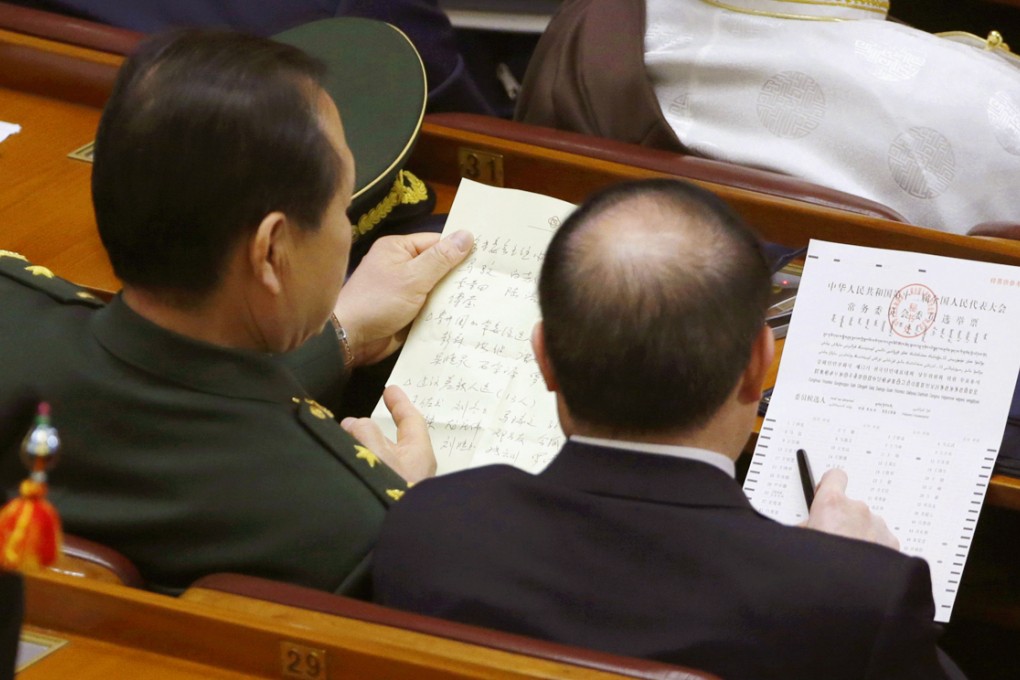Hunan city targets 'hometown clubs' to curb nepotism and favouritism
A city in Hunan has banned employees from setting up “townsmen associations”, clubs for residents sharing the same ancestral hometowns, as China’s corruption crackdown spreads.

As China’s corruption crackdown is spreading to lower levels of government and cities rush to clean up their act, one town in southern China has attempted to purge age-old institutions that even predate the Communist Party.
The municipal administration of Chenzhou, a city in Hunan province bordering Guangdong, has prohibited its employees from setting up “townsmen associations”, clubs for residents sharing the same ancestral hometowns.
Townsmen associations – which are ubiquitous on the mainland, Hong Kong and wider Southeast Asia – have flourished over centuries, connecting diaspora communities abroad and within China to their original communities or fellow craftsmen and clans. They are often set up by migrants who find fellow townsmen far away from their hometowns and seek mutual help and solidarity, as well as promotion of common cultures and ancestral customs.
In the mainland’s political system, however, where allegiance to superiors is key to a successful career, Chenzhou has found these associations to be tied with nepotism and corruption.
